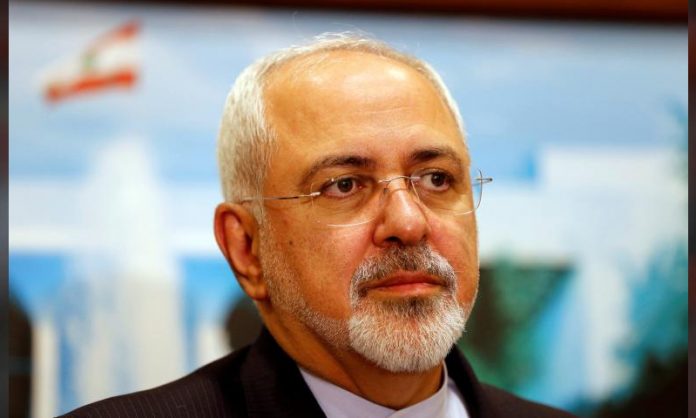TEHRAN: Iran said on Tuesday it would never use its ballistic missiles to attack another country and defended its missile tests, saying they are neither part of a nuclear accord with world powers nor a U.N. Security Council resolution endorsing the pact.
Iranian Foreign Minister Mohammad Javad Zarif spelled out Tehran’s stance after a U.S. official said Iran on Sunday test-launched a medium-range ballistic missile that exploded after 630 miles (1,010 km).
In light of this, the United States requested the U.N. Security Council hold “urgent consultations” on Tuesday, after its scheduled session on Syria’s conflict.
French Foreign Minister Jean-Marc Ayrault told reporters in Tehran that had voiced its concerns over the Iranian test, adding that it harmed the international community’s confidence in Tehran and contravened Security Council Resolution 2231.
That resolution ratified a July 2015 accord between Iran and six world powers under which Tehran curbed its nuclear activity to defuse concerns it could be put to making atomic bombs; in return, Iran won relief from crippling economic sanctions.
“No Iranian missiles have been produced to carry nuclear warheads,” said Zarif, speaking at a joint news conference held with Ayrault in Tehran. The Security Council resolution called on Iran not to carry out activity related to ballistic missiles capable of delivering nuclear weapons.
Senator Bob Corker, chairman of the U.S. Senate Foreign Relations Committee, condemned Iran on Monday and said he would work with other lawmakers and the Trump administration to hold Iran accountable.
“COMMON INTEREST”
Ayrault said at the start of his two-day trip to Tehran on Monday that France would act as a defender of the nuclear deal that new U.S. President Donald Trump has threatened to tear up.
“We hope that that question of Iran’s defensive program will not be used as a pretext for the new U.S. administration … to provoke new tensions,” Zarif said.
Ayrault is looking to reassure Tehran of France and Europe’s support for the nuclear deal, and to increase commercial ties. The deal was engineered two years ago by the United States, Russia, China, Britain, Germany and France.
“This deal has to be rigorously kept to,” Ayrault said. “I want this deal to last and that no badly chosen initiatives are taken that could put the accord in jeopardy.”
Major French corporations including planemaker Airbus, oil major Total and car companies Peugeot and Renault have all signed contracts.
Ayrault said trade between the two countries had surged by 200 percent since the July 2015 deal.
He added that a deal between Turboprop maker ATR with IranAir for the sale of at least 20 aircraft was “practically sealed”, and that a contract with construction group Vinci for two regional airports was also making progress.
Ayrault also sought to reassure Zarif over the potential return to Iran of major Western banks, which have hesitated for fear of possible U.S. fines if they do business with Iran.





